Page 110 • (1,136 results in 0.04 seconds)
-
Summit. Billed as a global health conference dedicated to using science and technology for the betterment of the world, it has been mostly focused on expanding biomedical innovations in upper- and middle-income Asian nations. In short, it’s about selling American biomedical technology and expertise overseas. That’s fine, insofar as it goes, but the biggest problems in global health are among people who live on maybe a dollar or two a day. They won’t be buying too many of our new drugs, DNA testing
-
the Spirit 10 – Lest Innocent Blood Be Shed, p 55 11 – Ibid, p 136ff 12 – Adapted from Dr. Samuel Torvend, “Five Free Gifts for your Journey at PLU,” Address given at First Year Orientation, Pacific Lutheran University, September 6, 2002. Reappraising the Rift Between Faith and Reason: Could Science Help Us Think About Religion?Lost and Found in Translation Read Previous Reappraising the Rift Between Faith and Reason: Could Science Help Us Think About Religion? Read Next Lost and Found in
-
middle school math and science teacher. No roads lead to Naknek, which survives predominantly on the summer salmon fishing industry. The only way to get to Naknek is by boat or plane into nearby King Salmon, Alaska, which at one time served as a U.S. Air Force base. The area’s one paved road is the 15-mile stretch of blacktop constructed by the U.S. Army Corps of Engineers between King Salmon and Naknek. During the fishing season, the airport serves thousands of fishermen and cannery workers who come
-
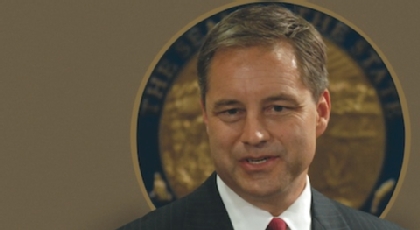
year. Parnell picked PLU due to the reputation of its business school, and worked his way through the university as a research assistant. Parnell said Sandy, also a business major, switched courses to take a political science class to get to know him better. “She says she fell from a summa cum laude to a magna status because of the grade she got in that course,” he laughed. There were so many Alaskan students at PLU, that Parnell remembers them carpooling to the airport and booking discounted
-
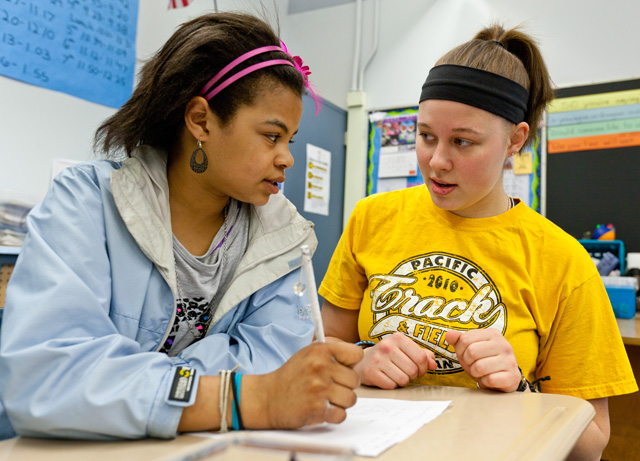
building and their seeing what happens when you make an effort and care about being stewards of hope. “One student started the year telling me ‘I don’t like school, I don’t like anything here,'” Hasse said. “And now she’s telling me how much she likes science.” “It’s working toward making a community connection,” Castor said. “We’re here for four years – how can I reach out? What’s my impact going to be? We’re really getting out there and starting to live that.” Club Keithley is about making that
-

building and their seeing what happens when you make an effort and care about being stewards of hope. “One student started the year telling me ‘I don’t like school, I don’t like anything here,'” Hasse said. “And now she’s telling me how much she likes science.” “It’s working toward making a community connection,” Castor said. “We’re here for four years – how can I reach out? What’s my impact going to be? We’re really getting out there and starting to live that.” Club Keithley is about making that
-
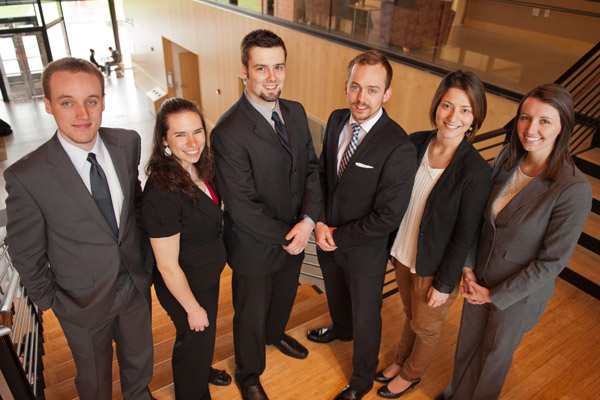
the development of the new Master of Science in Finance program. He points to the considerable time both he and Brown spent in the business world. They both stress pragmatism. It informs the way they teach, and it underscores the value they place in putting students in situations that focus on real-world business and finance issues. “As much as we can simulate reality, then our students will have an edge,” Boeh said. “So the question is: What can we do to simulate reality?” “One of the lessons
-

the Schnackenberg Lecture Dr. Walter C. Schnackenberg (1917-73) graduated from Pacific Lutheran College in 1937 and taught at PLU from 1942 until 1944. He returned to Pacific Lutheran University in 1952 as Associate Professor of History and Political Science and became Professor of History in 1958. He was chairman of the Department of History from 1963 until 1973 and served as faculty representative to the Board of Regents during the 1972-73 academic year. He was author of The Lamp and the Cross
-
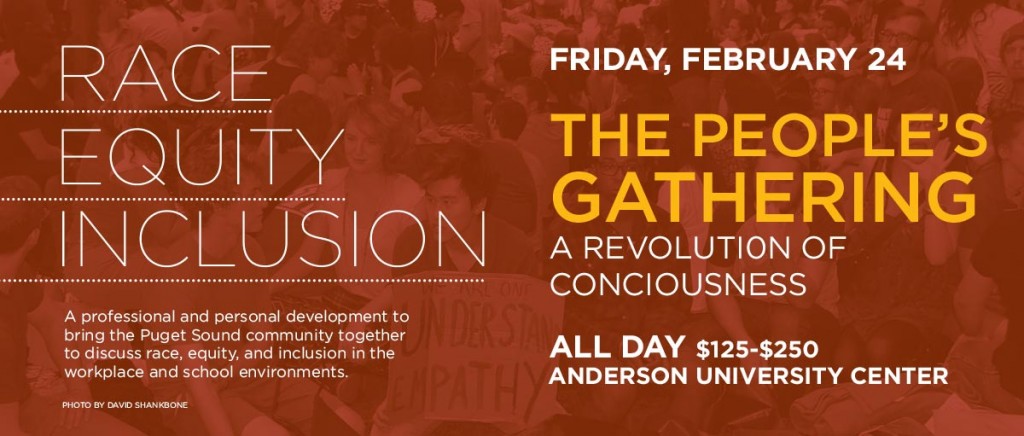
White Places: 10 Game-Changing Strategies to Achieve Success and Find Greatness, was named one of “The Best Books of 2010.” He holds a B.S. in electrical engineering from Rutgers University; a M.S. in computer science from the University of Oxford; and a M.S., MBA and Ph.D. in electrical engineering from the Massachusetts Institute of Technology. He is a former captain of his collegiate track and field team, and was the winner of NBC’s hit reality television show “The Apprentice.”DR. EDDAH
-
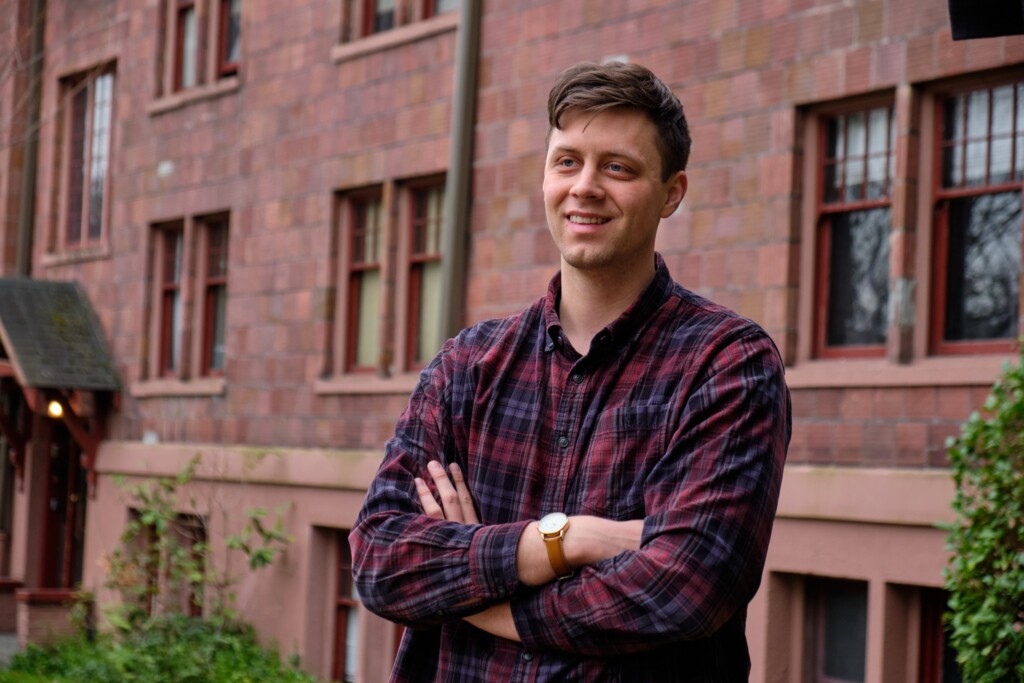
was doing. I was in the IHON (international honors) program, and that had a big impact. Eventually, I came around to double majoring in political science and global studies, plus a minor in Hispanic studies. I really connected with global studies at PLU. I had a great IHON experience and I was in the Wang Center a lot. The study away program was one of the main things that drew me to PLU. I studied abroad in Oaxaca, Mexico and completed an internship at a rural development organization that was
Do you have any feedback for us? If so, feel free to use our Feedback Form.


